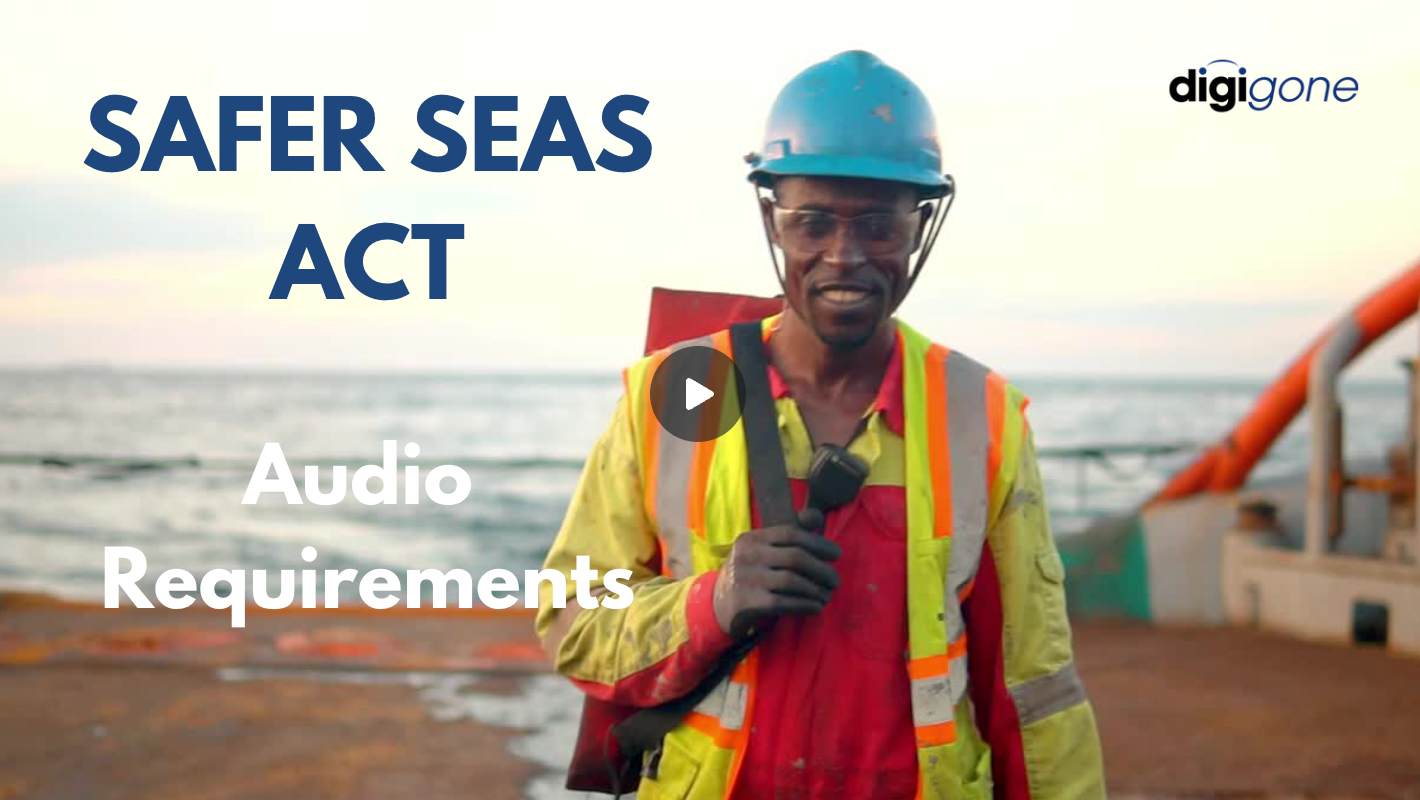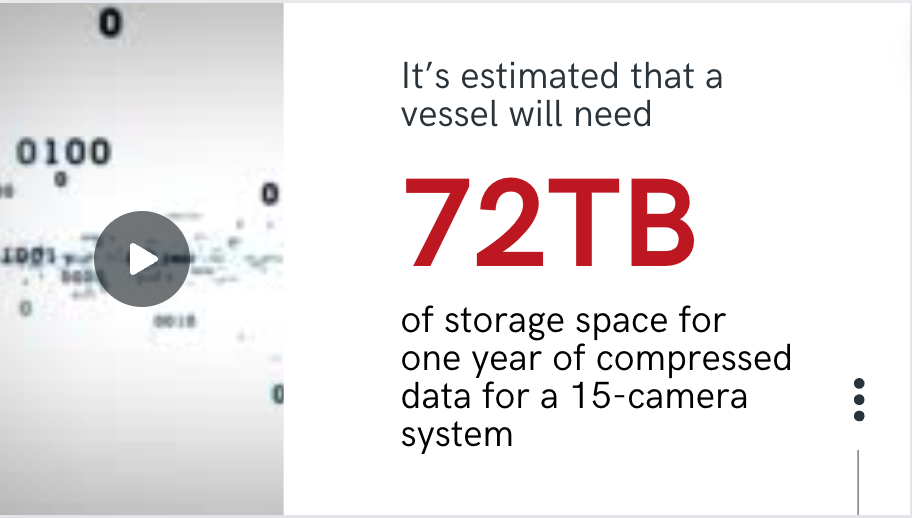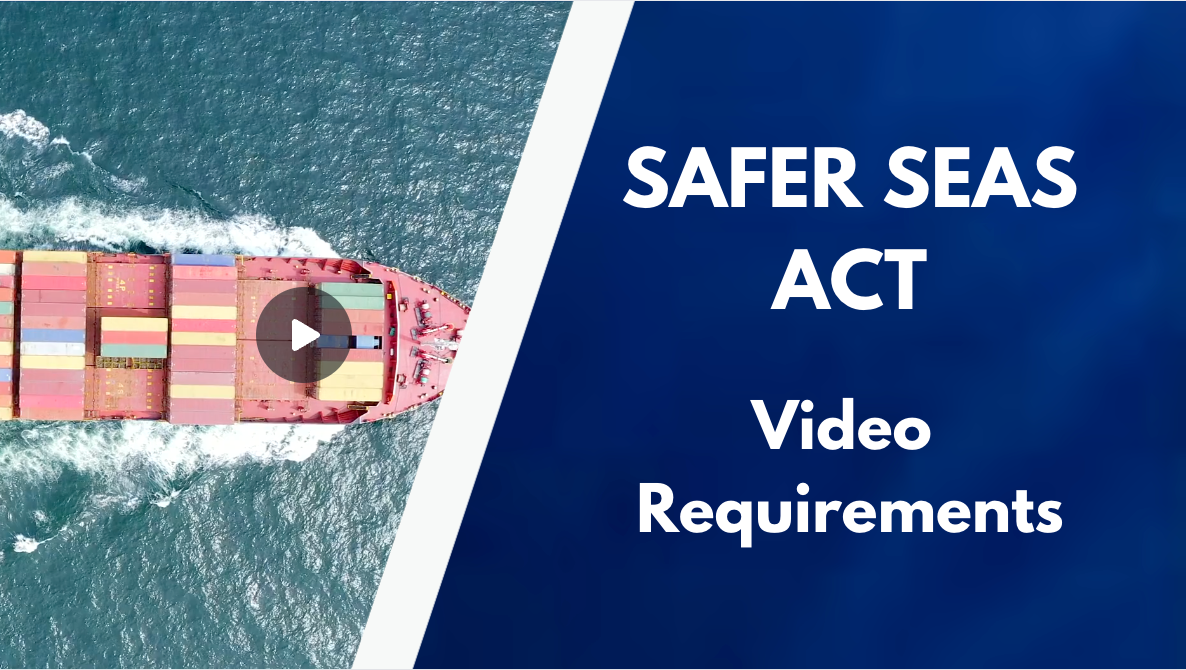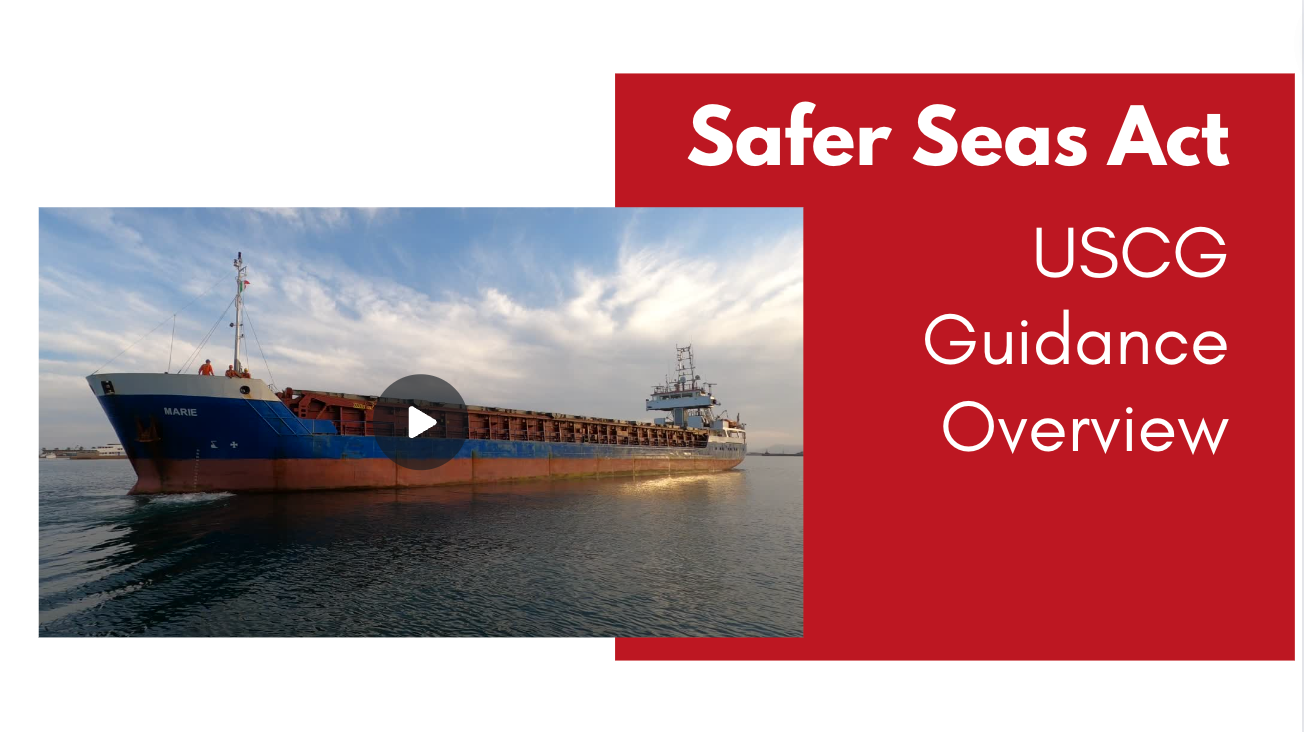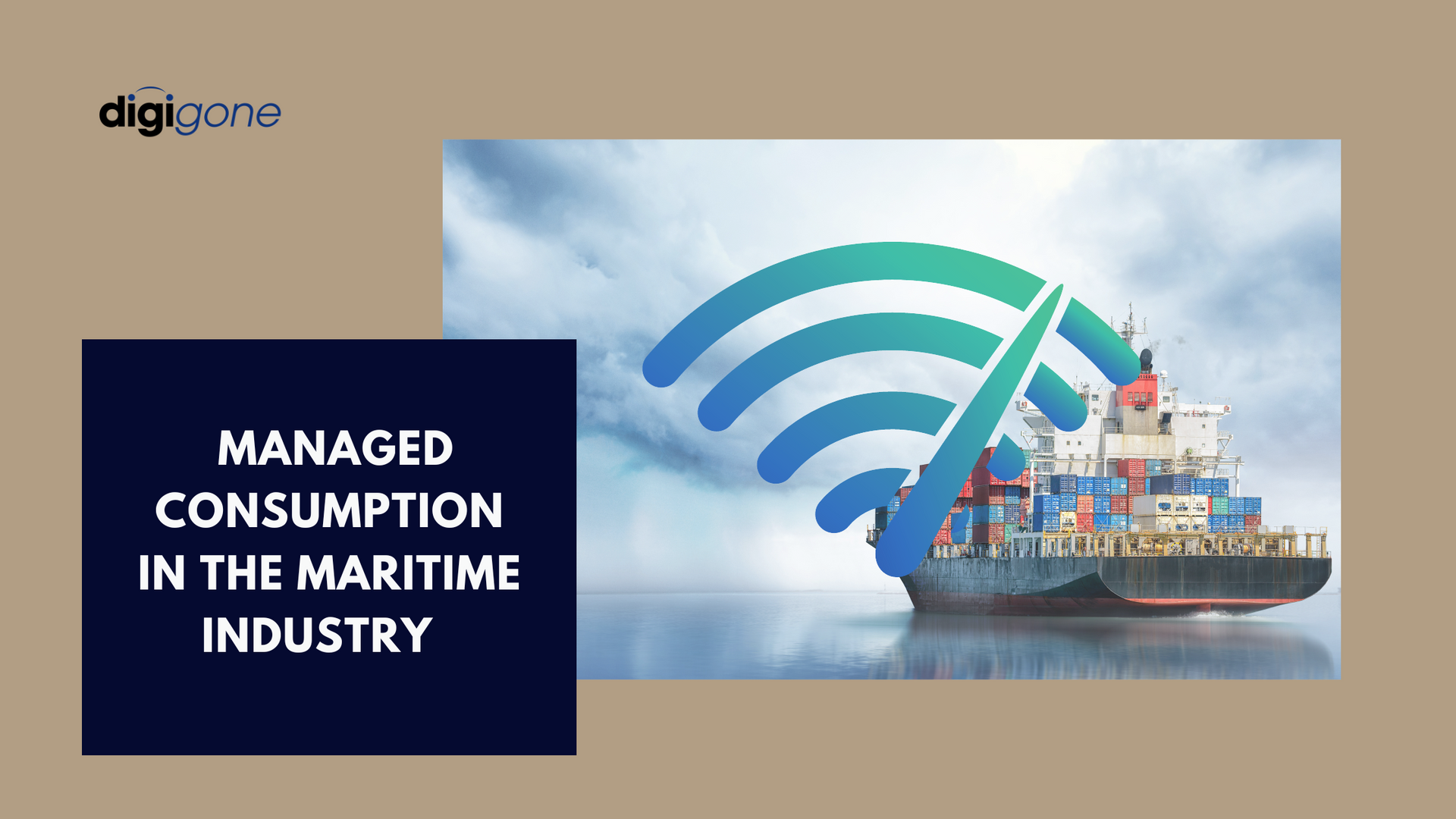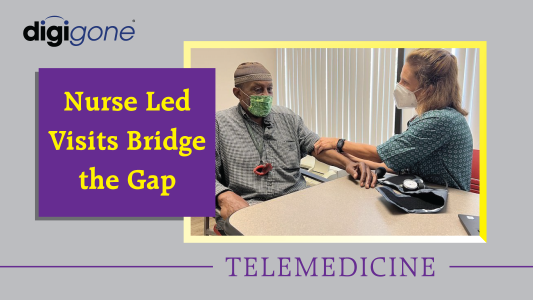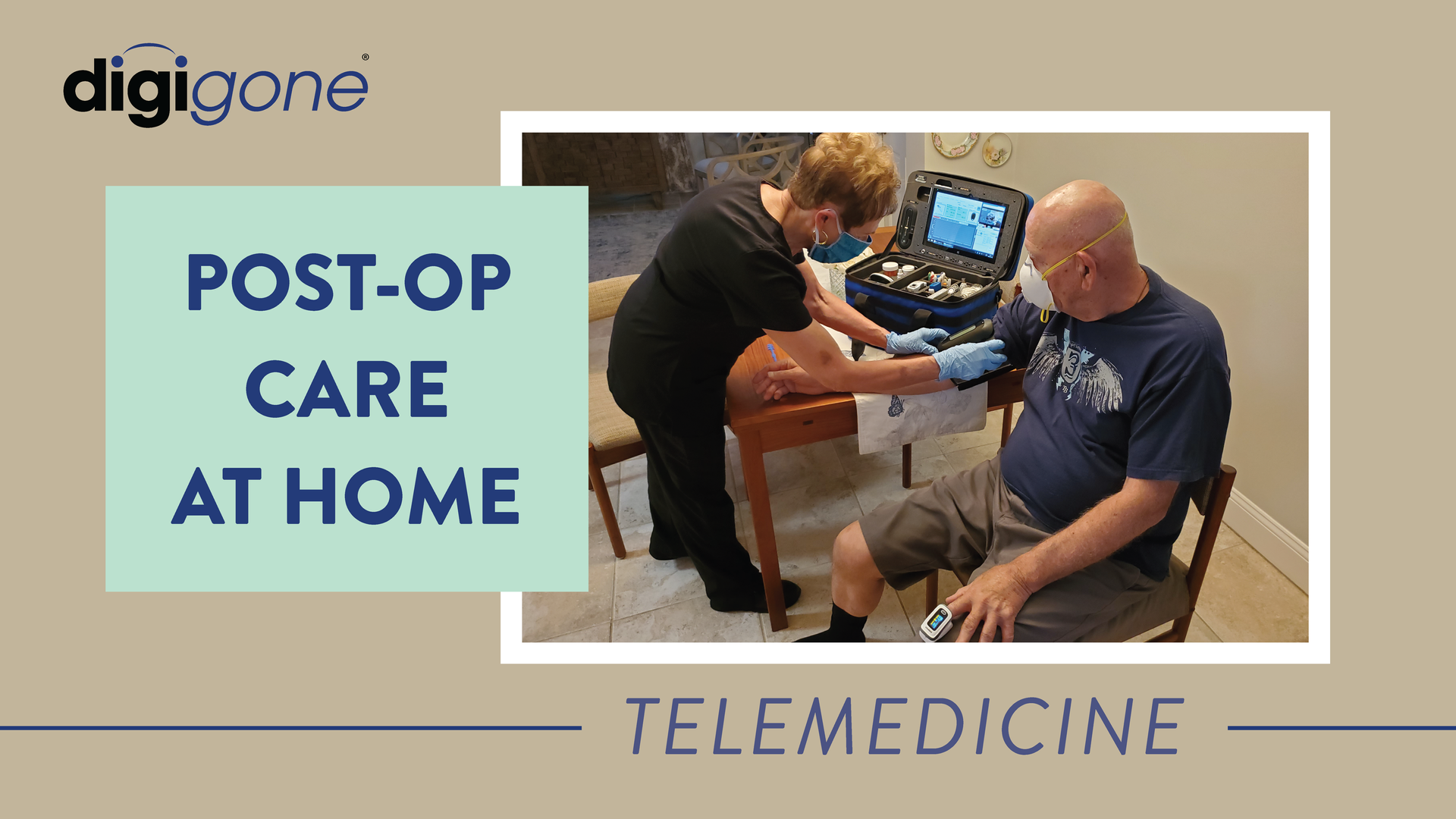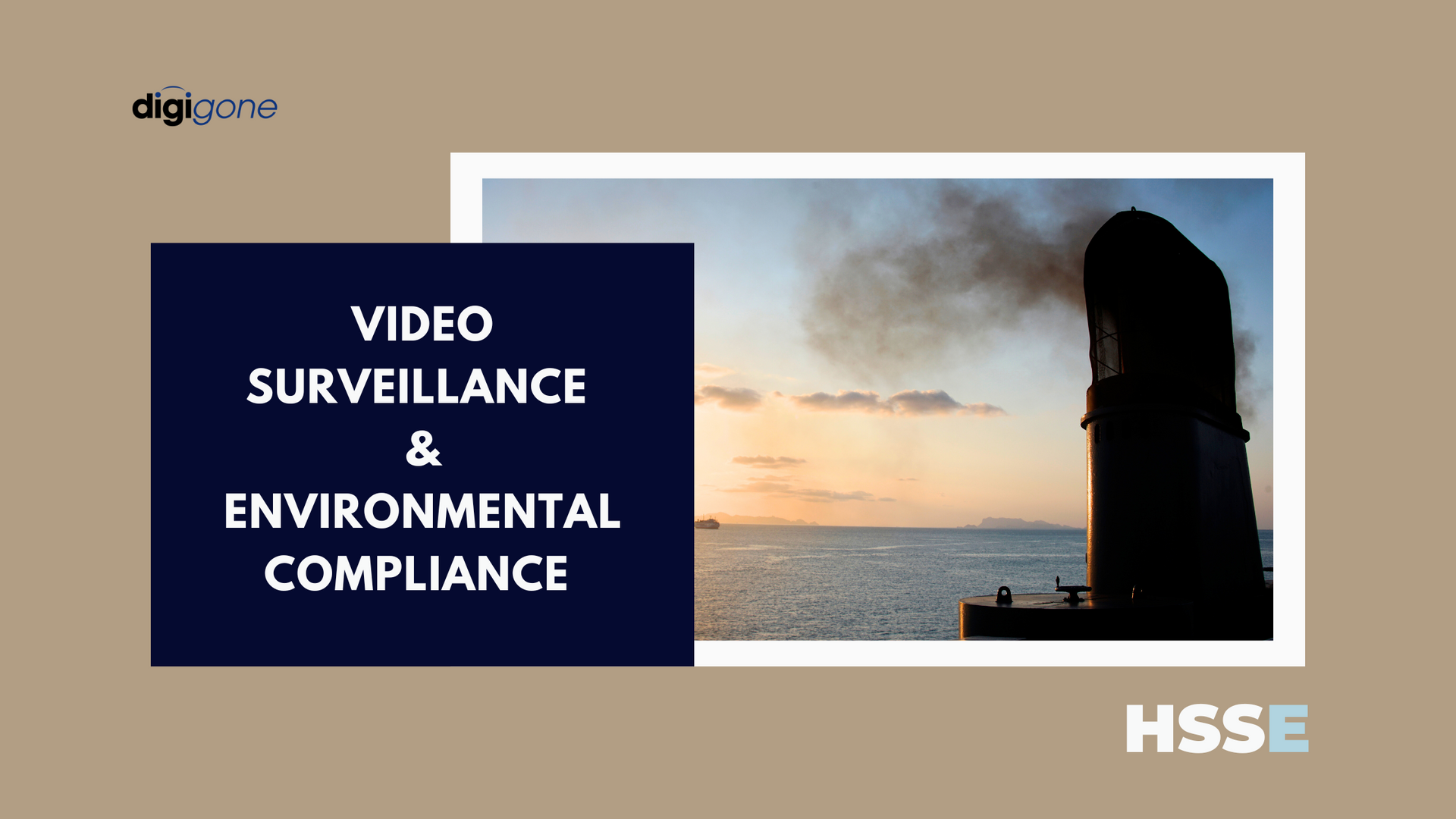Why Telemedicine & AR Headsets Are A Smart Long-Term Investment
Crew health, a safe work environment and avoiding costly diversions or delays are the three primary benefits of telemedicine.

Necessity is the mother of invention, right? And while some may think telemedicine is the result of the pandemic, the need for remote care has been around a lot longer than COVID-19. However, social-distancing protocols and government shutdowns pushed virtual healthcare into the spotlight almost overnight. Patients and doctors were given no other choice but to work outside their comfort zone and adapt. And now, many will likely never go back to another appointment at a busy hospital if at all possible.
Modern Healthcare
recently published an article, “Predicting the Future Role of Telemedicine.” Their first forecast: Telemedicine will become a standard service offered across all care settings.
For the maritime industry, this is good news.
Crew health, a safe work environment and avoiding costly diversions or delays are serious problems facing the industry right now. And since it’s predicted that the pandemic will last well into the summer of 2021 if not longer, vessel owners should have by now adopted a thorough telemedicine plan. Below we explore why the cost of this pales in comparison to even to just one diversion. And, the peace of mind offered is really invaluable.
A Long-Term Investment
Telemedicine is a worthwhile long-term investment, particularly for the maritime industry, because of a substantial infrastructure investment across the board. Just through the CARES Act alone, the U.S. Congress doled out more than $200 million in grants to healthcare providers. World over, it’s impossible to estimate the resources assigned to strengthening networks in order to provide seamless remote care options for both providers and patients.
A Walk-In Clinic At Sea
For vessel owners, a strong telemedicine network means that if a crew member becomes ill, they have access to immediate care; a virtual walk-in clinic at sea. Instead of diverting to a crowded port, hospital or city center, which costs a lot of time and money, crew members can be evaluated anywhere, anytime.
This is especially true for COVID-19 risk assessments. If there’s been a possible coronavirus exposure aboard a ship, doctors can access symptoms and discuss contact-tracing protocols to advise patients and captains on the best next steps without having to make a trip to port.
Moreover, by avoiding unnecessary trips to port, crews avoid further risk of exposure.
AR Headsets for Optimal Continuity
Augmented reality (AR) headsets are the next level of technology for telemedicine. Even in ultra low-bandwidth environments doctors are able to connect with patients in a manner like never before. While a designated medical officer (DMO) wears the AR headset, a doctor can assess patients almost like they are in the room with them. All the while, the DMO has both hands free allowing them to explicitly follow instructions given by the doctor, unencumbered by having to hold a phone or device for the doctor. There’s also technology available that allows doctors to zoom in and out on certain areas, capture images and share or save videos. Need to perform a suture onboard? A doctor can literally guide a DMO through every single stitch.
A Telemedicine Tool Like No Other
DigiGone has partnered with RealWear for this hand-in-glove solution: Using their state-of-the-art hardware with our customized, autonomous software, designed to work in ultra low-bandwidth environments, we’ve created a telemedicine tool like no other.
Further, DigiGone has created a virtual training program that allows DMOs to learn how to use the headset quickly and seamlessly. And because DigiGone creates the software, customizations are possible.
A Timely Investment
For the maritime industry, it gets down to three key issues: keeping your crew healthy, providing a safe working environment and avoiding costly delays or diversions. If you haven’t invested or upgraded your telemedicine platform recently,
it’s a great time to do so now.

